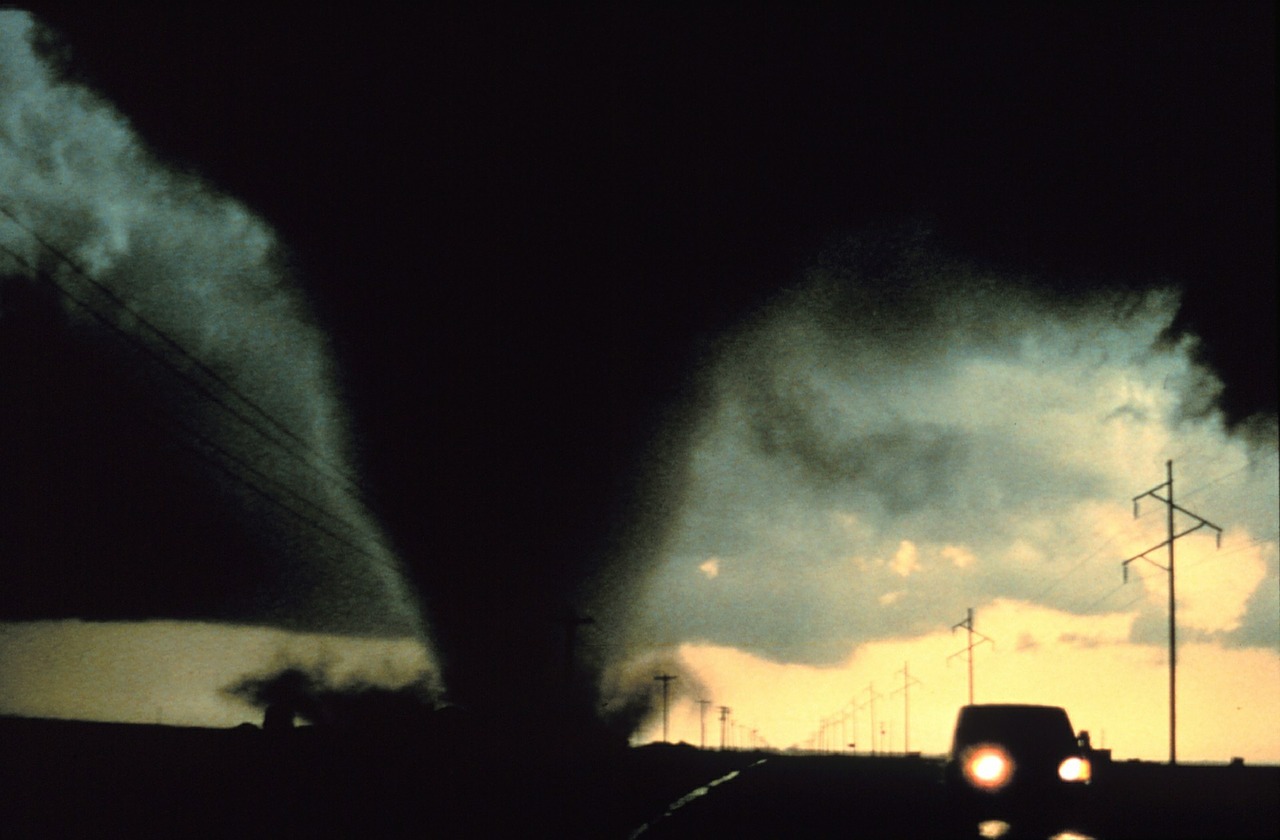
Tornadoes. Floods. Fires. These are all terrifying events that can cause a great deal of devastation. As a horse or livestock owner, you have probably considered what you might do in the case of an emergency. You might even have an emergency procedure outlined. If not, it’s important to have a concrete plan should such an occasion ever arise.
Making a Plan
It may seem like a daunting task, but creating a thorough emergency plan could save you lots of time, heartache and money in the event of a disaster. The Center for Food Security and Public Health at the University of Iowa has created an excellent printable checklist to get your plan in order. Some of the things they recommend include:
- Assessing your animals’ housing. Is it indoors, outdoors or both? Do these areas pose any threat to the animals’ well-being in the event of an emergency?
- How many animals do you have on your property? Do you know where each of them is located at any given time?
- Are they all clearly marked with brands or ear tags? Do you have vaccination and health records? How about records of ownership in the event that they become lost?
- What are your plans for alternate water or feed sources? Would you have access to alternate power sources, as well?
- Prepare an evacuation kit. This includes everything from buckets, supplements, and medications to flashlights and a storm radio.
- Know where you’ll evacuate your animals to and ensure that you have adequate transportation such as trucks and trailers that would be available in case of such an event.
- In the event that you wouldn’t be evacuating, be sure that areas that your animals would be dwelling or moved to are safe and secure for the duration of the emergency (for instance, finding high enough ground during a flood to move and hold them at).
Other Emergency Plan Considerations
While you’re laying out your livestock emergency plan, consider developing one for your pets at the same time. Most of us already have a disaster plan in place for our family, but often times the pets get forgotten in the mix. Prep4threats.org has great resources and suggestions for helping you get organized in case you need to move your pets quickly. They cover everything from planning transportation for those unusual critters (think fish and guinea pigs) to making sure your dog or cat is microchipped.
You can’t prevent emergencies and disasters from occurring, but with some careful planning and preparing, you can ensure that you and your animals are ready for whatever might blow your way.
Related Posts
How to Minimize Travel-Related Ulcers in Horses
Keeping Your Horse Hydrated on the Road
Herd Handling Techniques and Their Effects on the Immune System



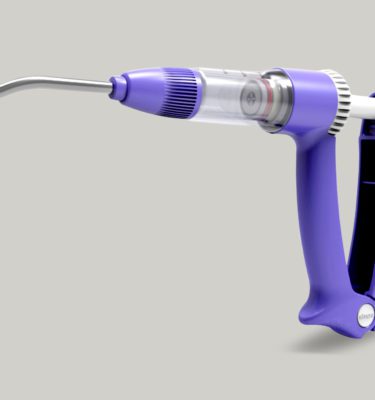
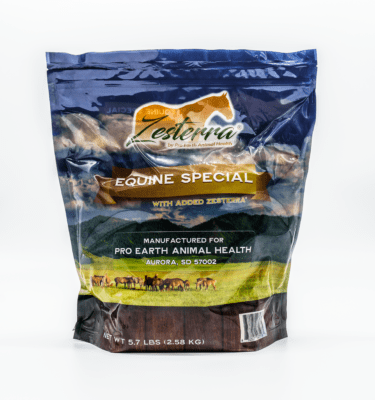
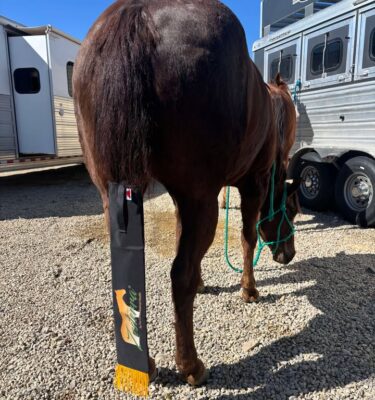
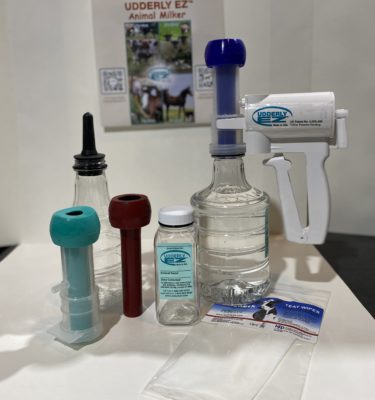
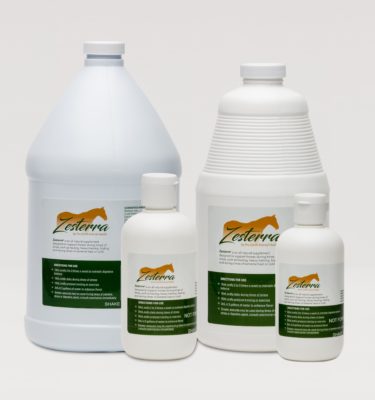
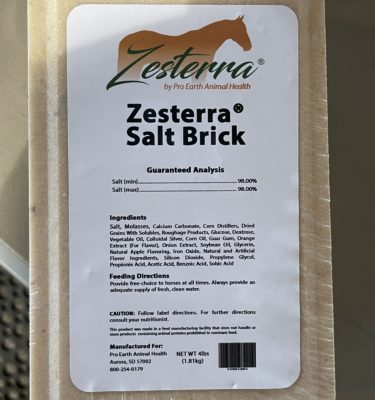
One Comment